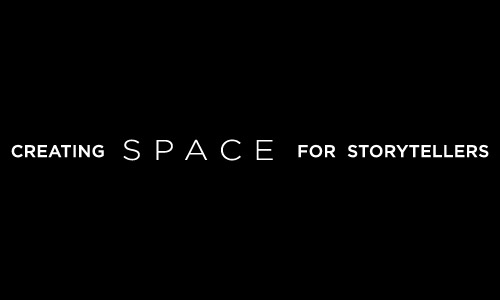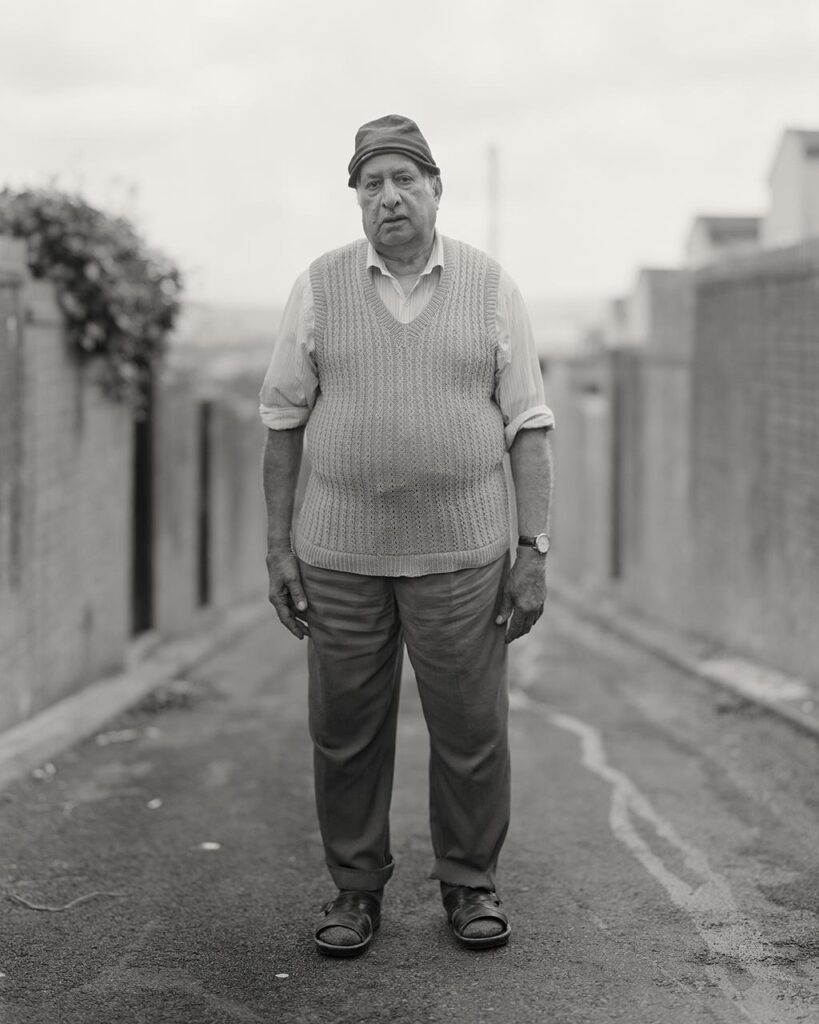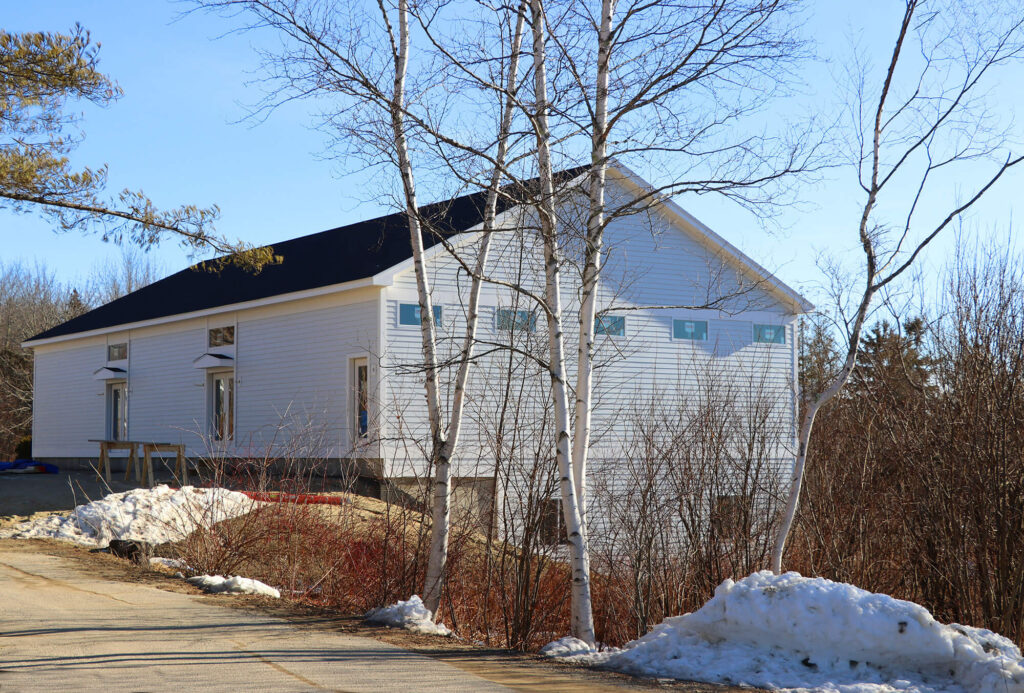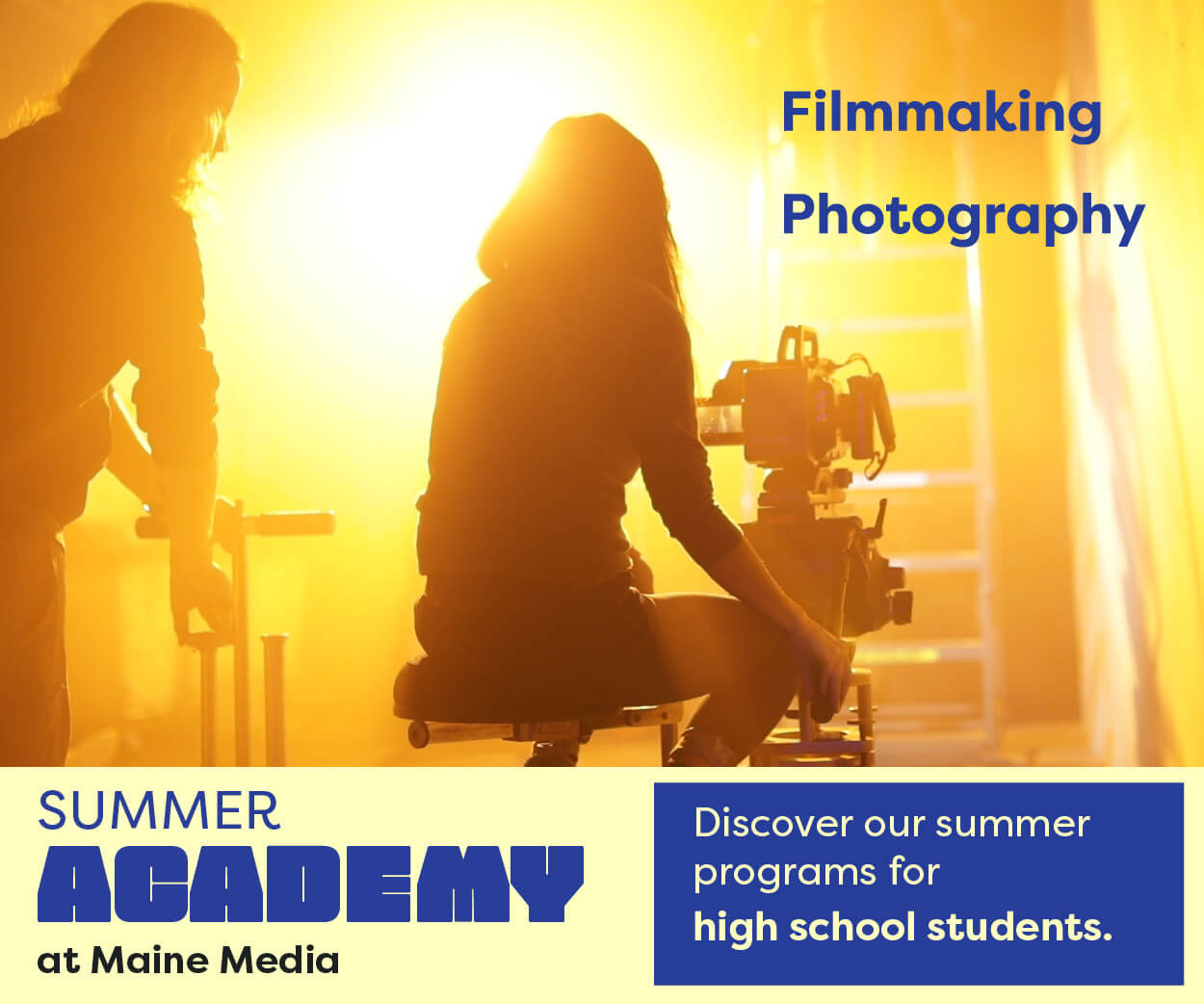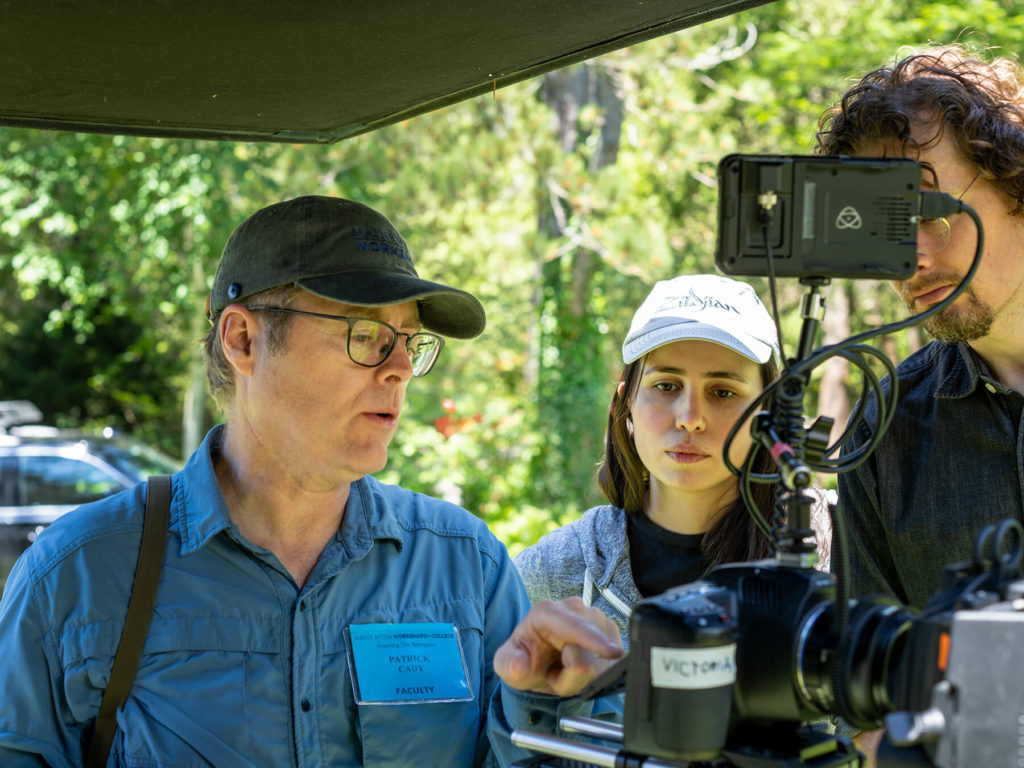Last week, we sat down with Jason Kohn, who will be teaching the Documentary Master Class here on campus later this month.
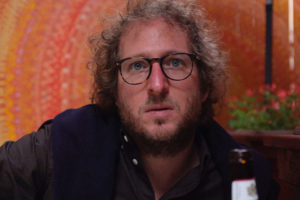
Jason is an award-winning documentary filmmaker whose debut film received the Sundance Film Festival Grand Jury Prize and whose films have played to wide audiences on platforms such as Showtime. Although born and raised in New York, his family’s Brazilian roots led Jason to São Paulo, where he produced and directed his debut film Manda Bala (Send a Bullet). That film examined the connections between political corruption and violence in Brazil and won the 2007 Sundance Film Festival’s Grand Jury and Best Cinematography awards. Love Means Zero was Jason’s second feature documentary about legendary tennis coach Nick Bollettieri and premiered at the Toronto International Film Festival in 2017. Jason’s new film, Nothing Lasts Forever, investigates the criminal and philosophical controversies around synthetic diamonds and will be shown at the Camden International Film Festival (CIFF) later this month.
Congratulations on your new movie Nothing Lasts Forever. Are you excited about the screening at CIFF?
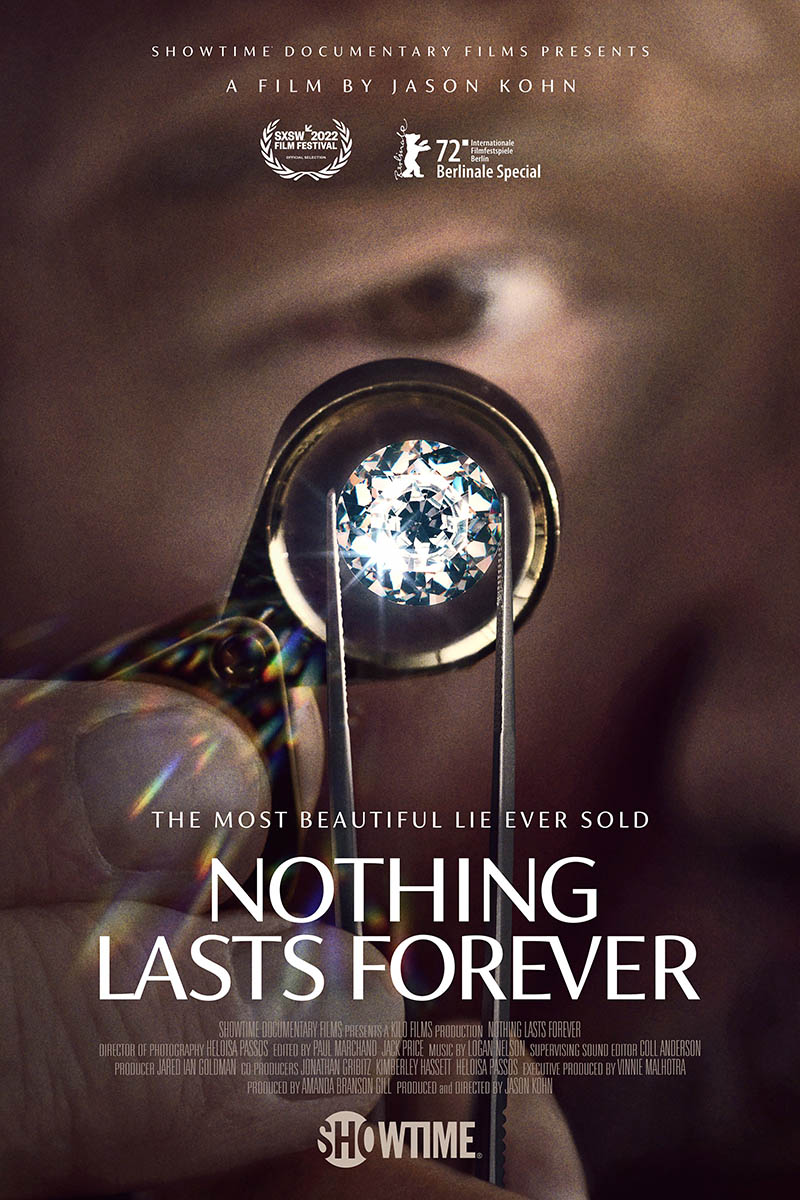
I really can’t wait. It’s my favorite event of the year. This will be my third time at CIFF and the second time with a film. I was there with Love Means Zero in 2017 and went last year just to attend. I think I would say it’s one of the best documentary film festivals in the world. There’s such a focus on filmmaker relationships at CIFF that makes it truly unique. Plus, Camden is so beautiful during that time of the year.
What I think CIFF does remarkably well is that they manage to be a community-oriented Film Festival that attracts our colleagues from everywhere in the United States to come to this one place. Maine Media, I think, shares a lot of those elements. You bring in people at the top of their profession and people who are in the process of developing and then they’re able to have lunch together. There are interconnections that happen that last beyond the week.
How can you help a student with their work in progress?
For me it starts with the question, “What kind of movie is it?” The elements of nonfiction that I think are most important to my process are tense and genre. For most commercially viable nonfiction, you’re either telling the story in past tense or present tense. And in some cases you are doing both, but that is important to identify and will dictate how a film is shot. The other important component is understanding the genre of your story. Beyond it being a nonfiction film, what kind of nonfiction film is it? Is it a comedy? Is it a competition film? Is it a romance? Is it a thriller?
Genre is one of the most important elements of making any film, but we don’t often talk about it with nonfiction. I think that there are biases against feeling too contrived since our content is based on facts. But the role of any artist is to create reality, whether you’re working in fiction or nonfiction. If it feels fake, it is fake. Understanding the history of cinema, and where your story falls in that history, is an important part of framing your story.
Is it ok to make mistakes in your workshop?
I had a mantra when I was struggling with my first movie that success is completion. It didn’t matter what happened if, in the end, I could finish the film, that would be a success. However, somewhere along the line of making Love Means Zero, I realized that that’s only half of the equation because if completion is the success that means the process is a failure. But, it’s only through failure that you can actually move forward. It’s when your theories don’t work that you have the most opportunity to grow and move the needle in the right direction. Because it’s only by exploring all the ways that a movie does not work that we finally figure out the way that it does.
What advice would you give to someone wanting to make documentary films?
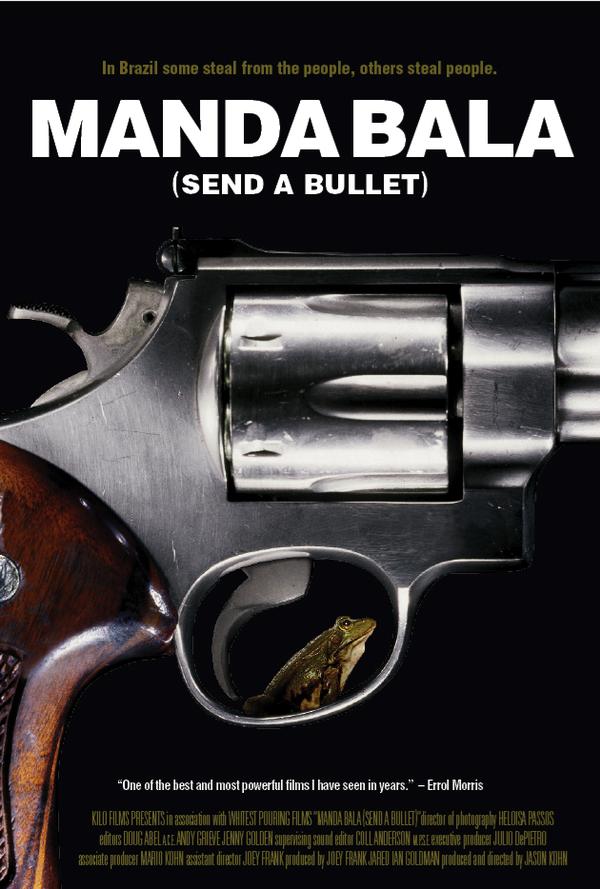
In the past, if anybody had ever asked me, my standard answer was always, “Don’t do it. It’s too hard. It’s impossible to make a living.” I was never more broke than the day after I won the Grand Jury Award at Sundance Film Festival in 2007.
However, that has changed dramatically. You can actually make documentaries now, and make a living doing it. This is a really, really big deal. Now it’s sure as shit not the most equitable place in the entire world – for sure, there’s still a tremendous amount of work to be done on that front. But, the needle has moved.
Can you expand on that?
Well, the audience has grown significantly. For instance, when I started making Manda Bala my parents didn’t know what a documentary was. They thought it was just a nature film. Now we have actual robust audiences with real eyeballs watching these films. There is a tremendous demand for content. And I don’t use the word “content” in the most cynical sense, because it’s a loaded term, but there is definitely an appetite for documentaries.
I think if you’re just clear-eyed and honest about what kind of film you’re making, which includes genre, commercial viability, and artistic ambition, you have a real shot at working as an artist in nonfiction films
To learn more about Jason’s upcoming on-campus workshop, view our Documentary Master Class workshop.

